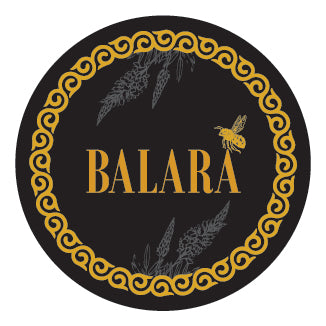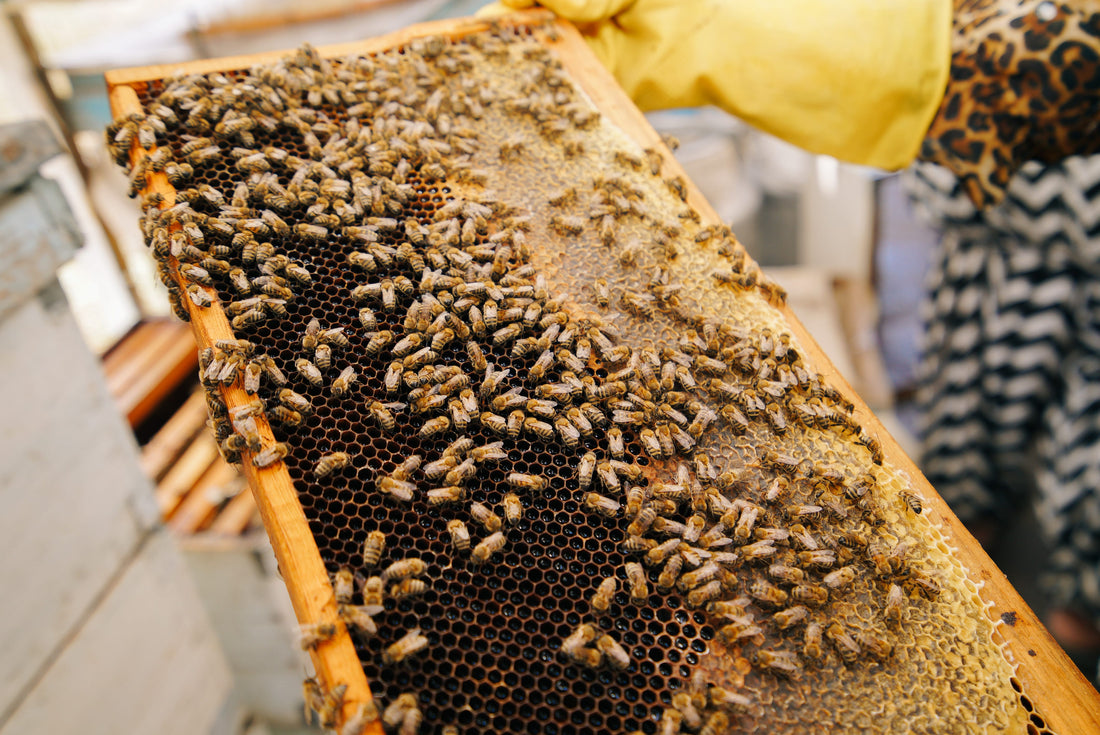Beekeeping plays a crucial role in maintaining biodiversity and ensuring the pollination of crops worldwide. In Kazakhstan, beekeeping has a rich history and is considered a staple of agriculture. With a focus on sustainability and organic practices, Kazakh beekeepers are making significant contributions to honey production while preserving the natural environment. This blog post explores the sustainable beekeeping practices implemented in Kazakhstan, highlighting their efforts to promote organic honey production.
Conservation of Indigenous Bee Species
Kazakhstan is home to the numerous endemic bee subspecies, Apis mellifera pomonella, which is believed to have resulted from crossbreeding between A. mellifera and A. cerana. The discovery of this subspecies highlights the importance of preserving indigenous bee populations. Sustainable beekeepers in Kazakhstan prioritize the conservation of native bee species, recognizing their genetic distinctiveness and potential for future breeding programs.
Hive Design and Material Choices
Kazakh beekeepers prioritize the use of sustainable materials in hive construction. They opt for locally sourced wood or eco-friendly alternatives, reducing the reliance on non-renewable resources. Additionally, they design hives that promote natural ventilation, insulation, and ease of hive management, ensuring the well-being of the bees and minimizing energy consumption.

Biodiversity Enhancement
Kazakhstan's diverse landscapes offer opportunities for beekeepers to enhance biodiversity and create favorable foraging environments for bees. Sustainable beekeepers actively plant bee-friendly flora, including native flowering plants and trees, to provide a diverse and nutritious pollen and nectar source. This not only supports the health and vitality of honeybee colonies but also contributes to the overall conservation of local ecosystems.
Collaboration with Local Communities
Sustainable beekeepers in Kazakhstan foster strong relationships with local communities, recognizing the mutual benefits of beekeeping and ecosystem preservation. They work closely with farmers and landowners to promote pesticide reduction and organic farming practices. By engaging in dialogue and sharing knowledge, they raise awareness about the importance of pollinators and the role of sustainable beekeeping in maintaining a healthy environment.
Honey Harvesting Techniques
Kazakh beekeepers employ sustainable honey harvesting techniques to minimize stress on the bees and maintain the quality of the honey. They use methods such as selective extraction, leaving sufficient honey reserves for the bees' winter survival. They also utilize low-impact extraction equipment and employ gentle handling practices to ensure minimal disturbance to the bees and their colonies.

By adopting these sustainable practices, Kazakh beekeepers are not only preserving the health and vitality of honeybee populations but also promoting environmental stewardship and the sustainable use of natural resources. Their efforts contribute to the conservation of biodiversity, the production of high-quality organic honey, and the overall sustainability of the beekeeping industry in Kazakhstan.

